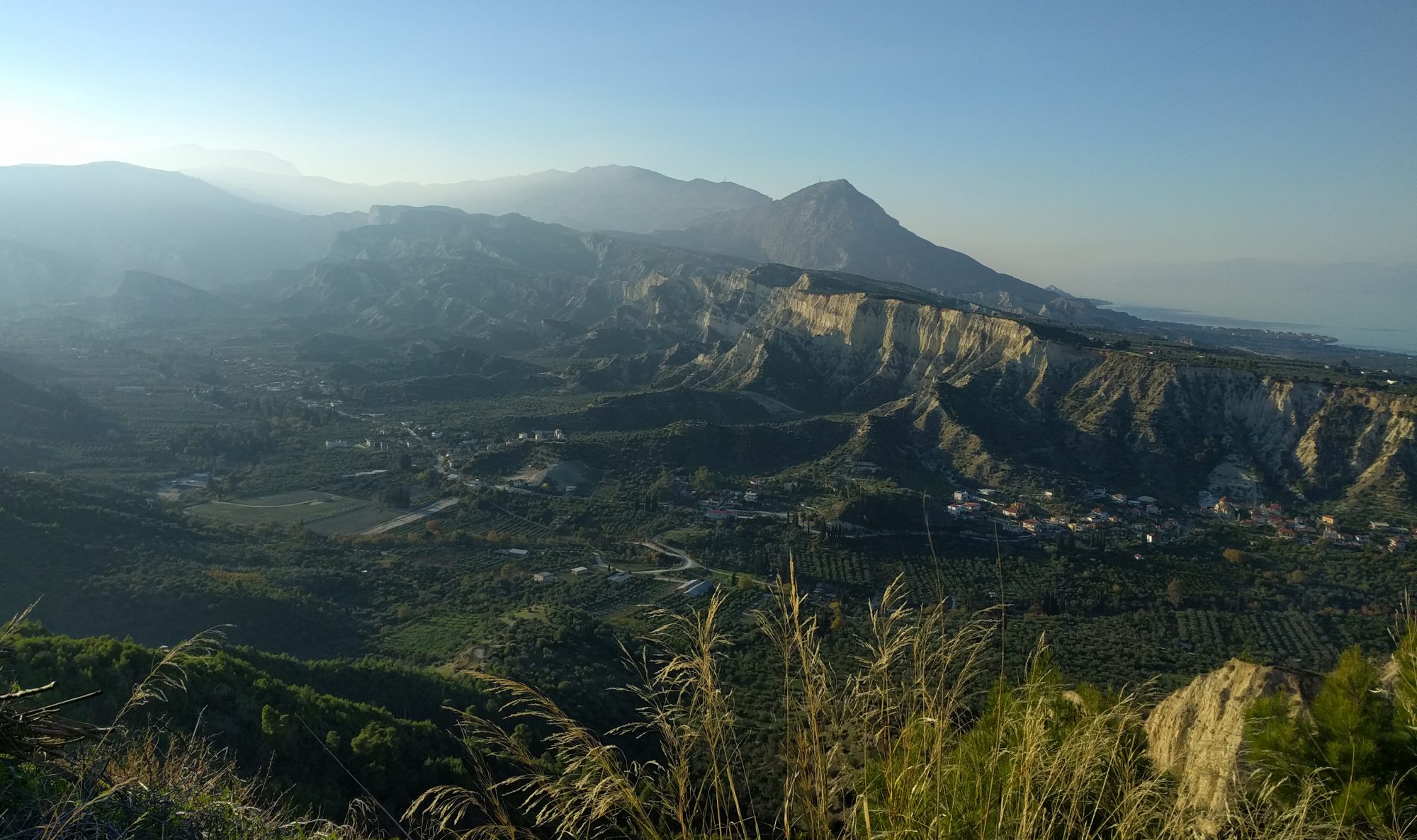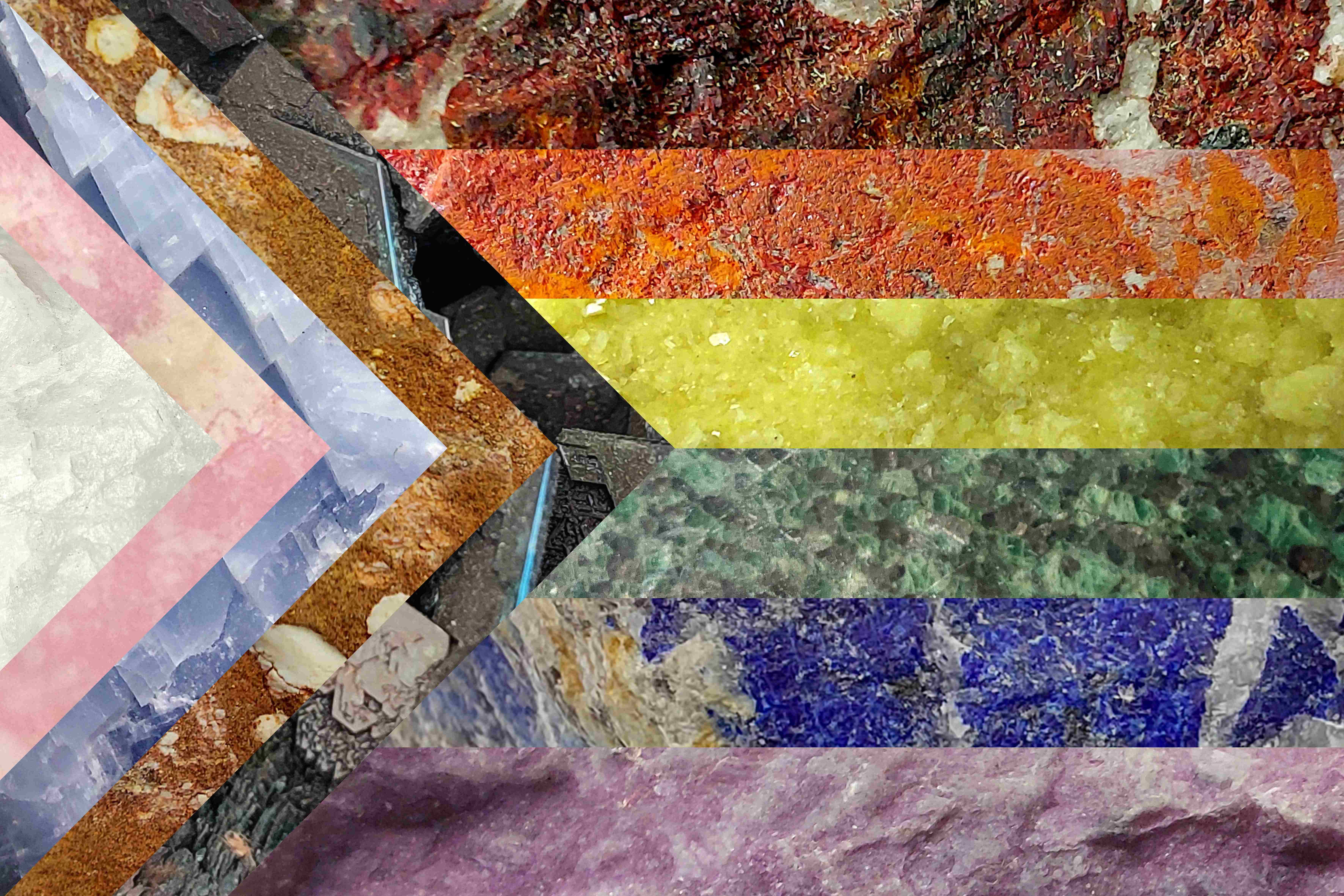First days at a new school can be intimidating, and my first day coming to Cambridge’s Earth Sciences Department to begin my MPhil degree in Michaelmas term 2019 was especially so.
I had just moved overseas from America to a country I had never even visited before, and I didn’t know a single person. When I stepped inside, there was something that put me at ease: the proliferation of pride flag stickers all around the department. Immediately, I felt that this was a place where I would be accepted, and as I settled in and met more people over the next few weeks and months, I was quickly proven right.
After experiencing for myself how even a small gesture towards inclusion can have a big impact, I decided to get involved in LGBTQ+ outreach in the department and around Cambridge however I could. Being visible as a queer person can be frightening, and I wanted for other people to also be able to cast aside their fears knowing that they will be welcomed as they are. I soon found the University of Cambridge Museums’ Bridging Binaries Tour, which seeks to highlight queer histories in Cambridge museums that might otherwise be overlooked. Liz Hide and I worked together to create a program for the Sedgwick Museum, and I also had the chance to make audio and video content for online outreach. Although I knew it was true before joining the program, researching and sharing stories for the Sedgwick tour impressed on me that I am far from being the first queer palaeontologist, and I certainly won’t be the last.
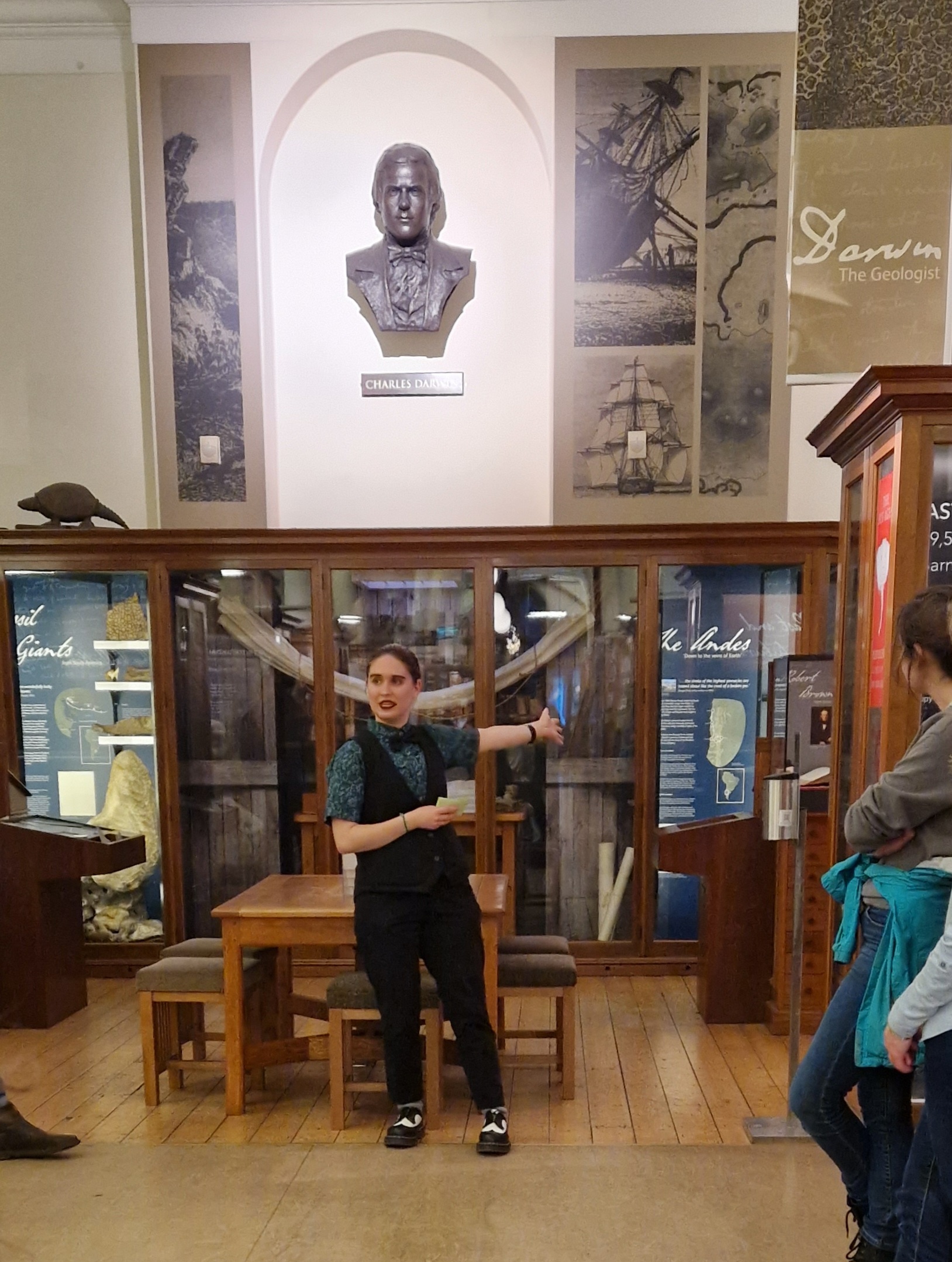
We have also had a lot of success bringing more outreach and community building events to the department itself. In October 2021, we held our first queer community tea party for the department hosted in the Sedgwick Museum, which Liz gave the delightful name LGBTea. The turnout was excellent, and since then, we’ve held two per term. Although the premise of hosting tea parties for the community is very simple, it sends a loud and clear message that the department is a friendly and safe place to be out and proud, and brings together both LGBTQ+ department members and allies. The event has continued to be popular (perhaps because of the mochi and vegan chocolate cake?), and I hope it becomes a lasting tradition in the department.
Unity within the queer community and with our allies is especially important now given that the transgender community in particular has increasingly come under attack both in the UK and the US as more anti-trans legislation is proposed and put through as law. It is imperative that we protect trans people from these underhanded attempts to block further progress by the community and stigmatize a particular group. These can also be seen as isolationist tactics to divide the community against itself, and capitalize on the infighting. As an asexual person, I am unfortunately familiar with the politics of division being directed against me. I sometimes find people questioning why I belong in the community, as if not having a same sex partner means I am not queer enough. Bisexual and pansexual friends tell me they have been made to feel the same way. Despite the many differences we may have, it is important to remember that the LGBTQ+ community is a group of people with unique experiences and we will always be stronger together than apart. Therefore, we must meet this moment by showing solidarity with the trans community against hate.
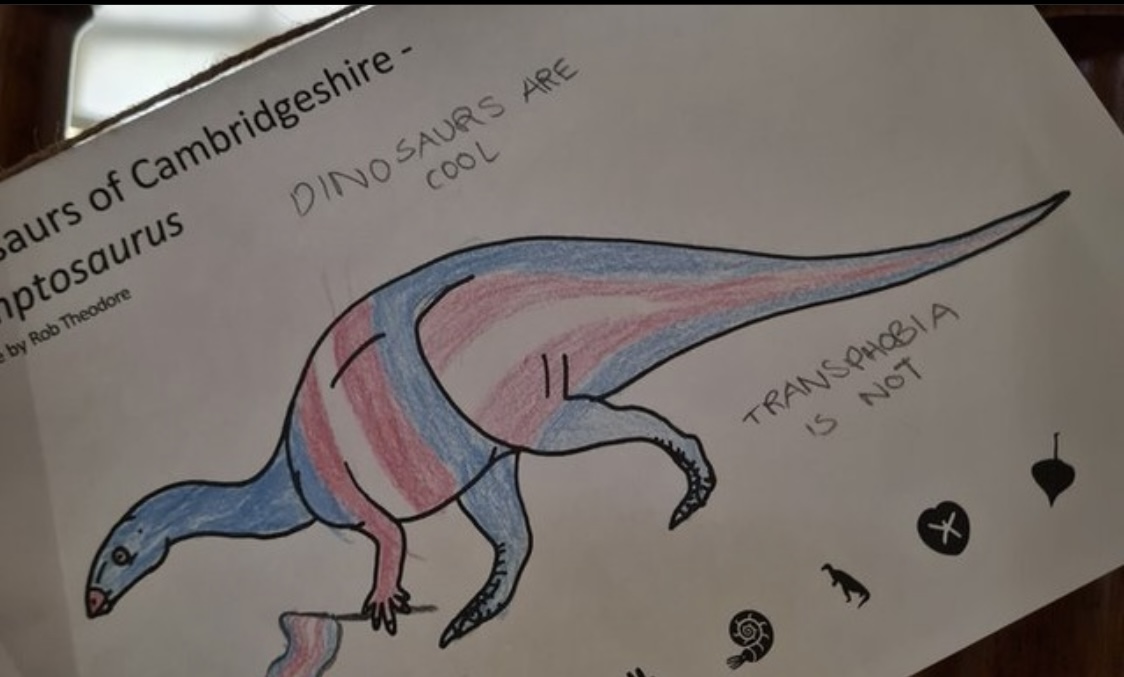
Problems of this scale often seem overwhelming, but if there’s anything I’ve learned so far from my PhD, it is to break things down and tackle what you can in small steps. For example, trans researchers have expressed their fear of being harassed by law enforcement at conferences held in US states with such laws, and the scientific community could respond by only holding conferences in places where all attendees can be safe.
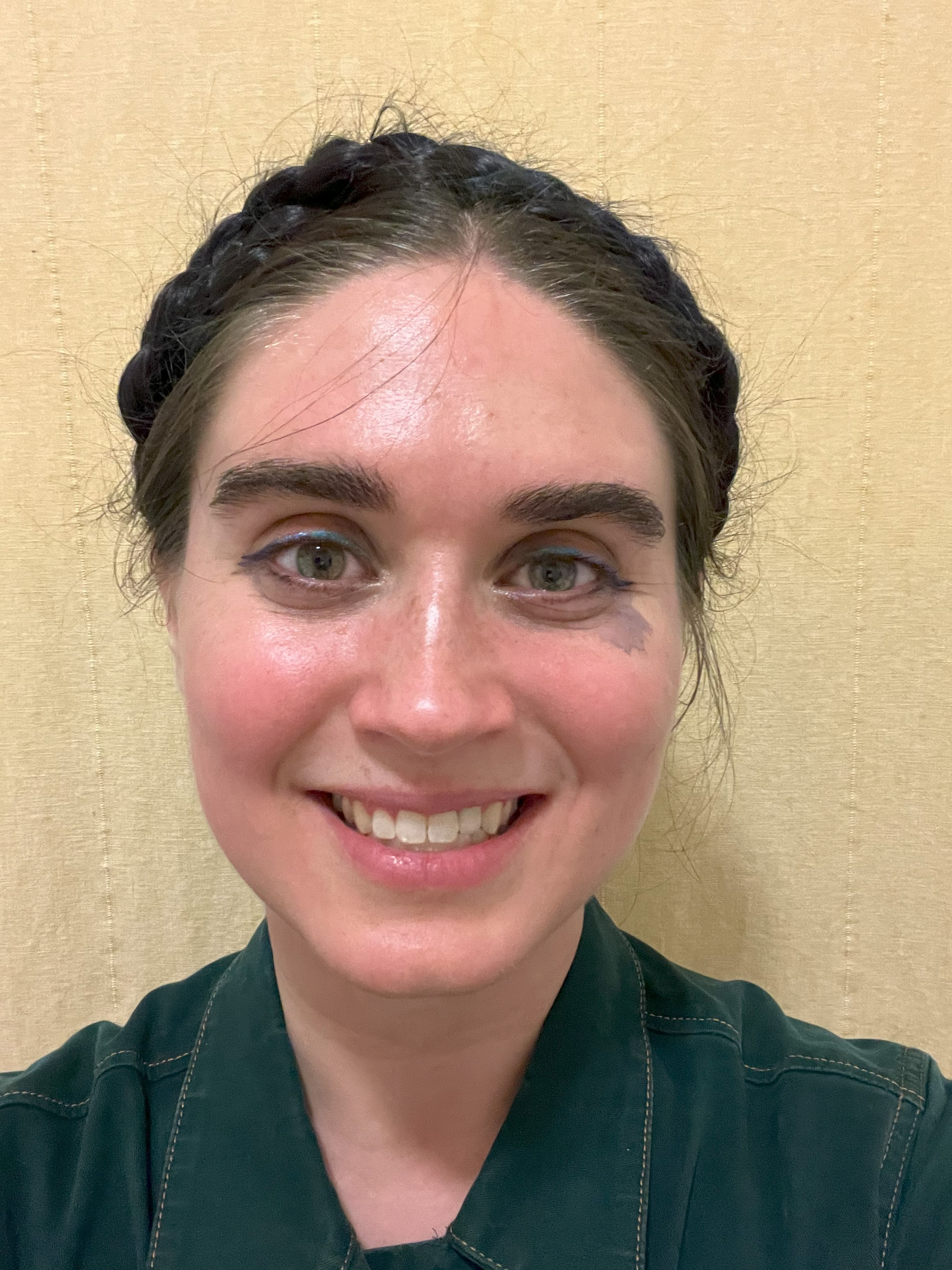
The LGBTea events I organize may not change the world, but it does make a difference to the department to have events that promote the kind of community and solidarity we desparately need right now. I can’t speak for others, but small events and outreach certainly made a difference to me. I went from nervous and apprehensive on my first day all that time ago to crying tears of joy that wrecked my purple eyeliner because I felt so overwhelmed by the support of the community at a queer event in Cambridge. I wish the same for every queer person I know (though perhaps without the eyeliner disaster). As we celebrate Pride Month this June, I hope we can both celebrate what we have achieved, and energize ourselves and rally together to continue the important work that is left to do. Members of the community and allies must present a united front, because as long as we’re together, there’s nothing we can’t do.
Feature image: A rock-inspired Progress Pride flag created by the Sedgwick Museum’s Moving a Mountain Team (Karen Banton, Sasha Dennis, Kathryn Draper and Audrey Kennedy).
Read more:
